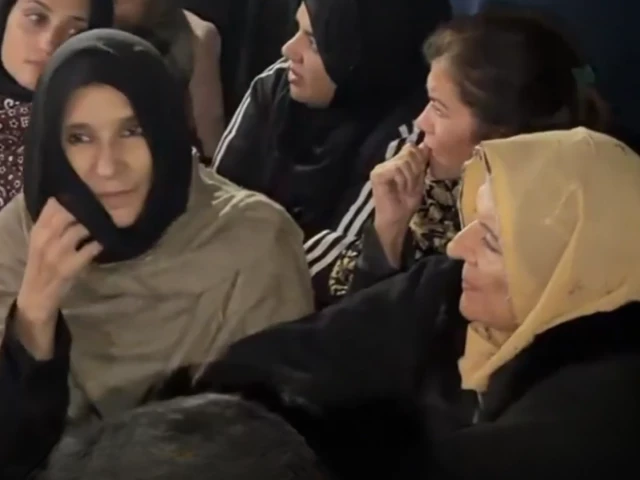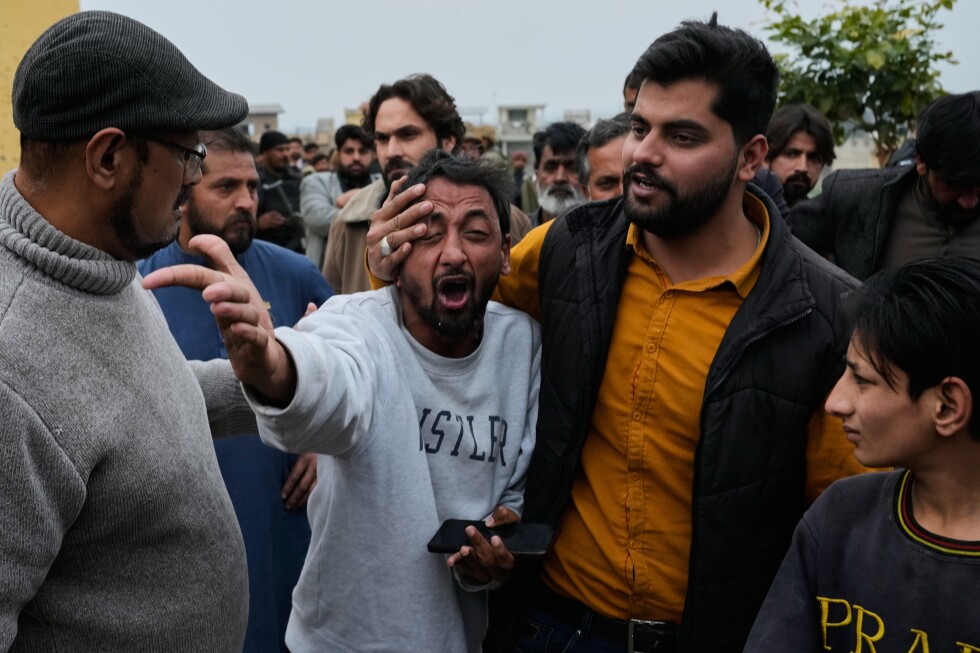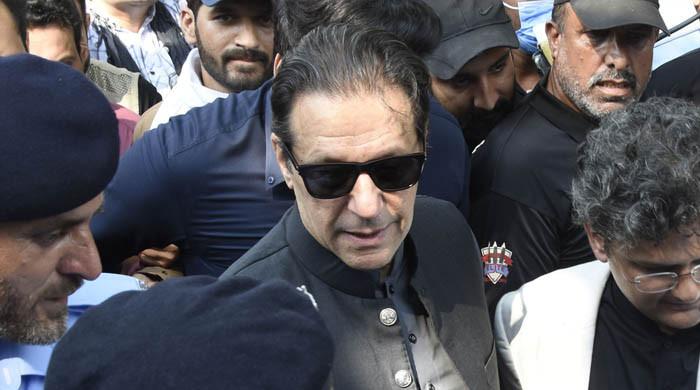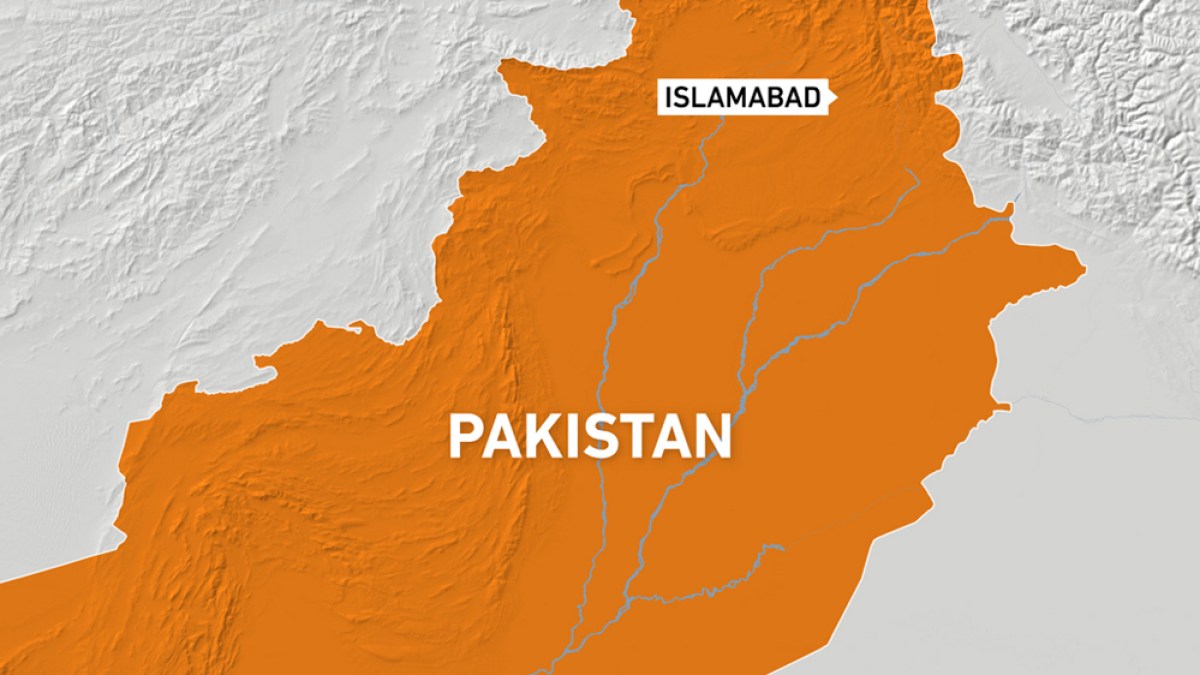Say only two brief notes submitted; Info minister Tarar claims detailed medical report handed over to family
Imran Khan’s sisters Aleema Khan and Noreen Khan during a sit-in outside Adiala Jail on Tuesday, Nov 25, 2025. Photo: FILE

Say only two brief notes submitted; Info minister Tarar claims detailed medical report handed over to family
Imran Khan’s sisters Aleema Khan and Noreen Khan during a sit-in outside Adiala Jail on Tuesday, Nov 25, 2025. Photo: FILE

ISLAMABAD (AP) — A suicide bomber targeted a Shiite mosque on the outskirts of Islamabad during Friday prayers, killing 31 people and wounding at least 169 others, officials said, a rare bombing in


LAHORE, Pakistan (AP) — A burst of color lit up Lahore’s night sky overnight as Pakistan’s cultural capital relaunched the Basant kite-flying festival after nearly two decades.
Authorities said Friday…

Aidan McNamee
BBC Verify data journalist
The home secretary has said nearly 60,000 foreign nationals have been returned from the UK in the 19 months…

DEVELOPING STORYDEVELOPING STORY,
Rescue teams reach the site after blast reported at a mosque in Tarlai Kalan during Friday prayers.
Published On 6 Feb 2026
|
Updated: 2 minutes ago